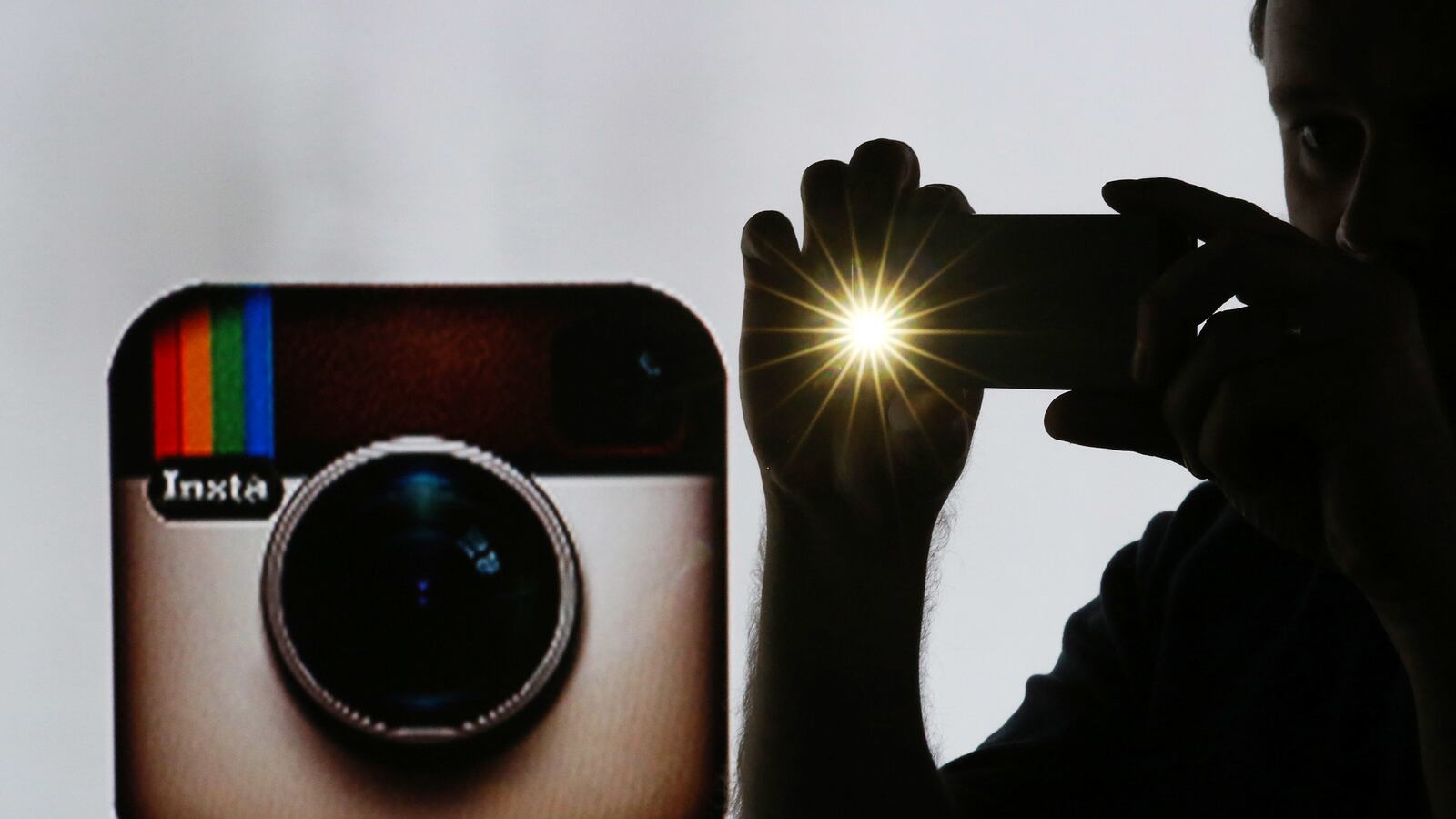In 2014, an Instagram account broadcasting the lifestyle of Iran’s elitist youths provoked predictable backlash from religious conservatives in the fundamentalist Islamic state.
Other young Iranians had just been sentenced to six months in prison and 91 lashes for dancing to Pharrell Williams’s “Happy” in a viral YouTube video.
But the ostentatious sports cars and women in bikinis curated on The Rich Kids of Tehran account didn’t seem to offend the country’s religious police.
Unsurprisingly, the children of Iran’s ruling elite are afforded freedoms not typically tolerated by the Islamic dictatorship.
The Rich Kids of Tehran said as much themselves in a recent post, a day after Iran’s online authorities confirmed they’d arrested eight people—including many of the country’s top fashion models—with large followings on Instagram as part of a larger crackdown on the fashion industry and social media called Operation Spider 2.
Reports of these arrests have been trickling out since January, and were later confirmed by a news site affiliated with the Islamic Revolutionary Guard Corps.
In March, the Revolutionary Guard’s cyber army shut down several Instagram accounts of popular Iranian models, hair stylists, and photographers whose pages showed women posing without hijabs.
Now, another website linked to the Revolutionary Guard has confirmed that the Operation Spider 2 attacks successfully targeted “secret supporters and operators of Instagram” whose promotion of “modeling and vulgarity” flies in the face of Islamic values.
The news has garnered considerable attention in Western media, but Iranian activists and dissenters are not at all surprised by the arrests.
Indeed, the Revolutionary Guard’s cyber army has been monitoring Instagram and the Iranians who post non-hijabi photos for some time now.
“Any individual or groups in Iran who are working outside the Iranian system are a threat to the regime, especially if they gain influence and fame,” said Maryam Nayeb Yazdi, an Iranian-Canadian activist and founding editor of Persian2English, a blog exposing Iran’s human-rights violations.
While President Hassan Rouhani has a reputation for being more moderate than his predecessor, Mahmoud Ahmadinejad, the criminal code of Iran hasn’t changed. And the law says that it’s criminal for a woman to post her picture online or appear in public without wearing a hijab.
Yazdi is wary of reports that these models are trying to defy Islam, and believes that the regime is using religion for political leverage in this place.
“Just because these women aren’t wearing a hijab doesn’t mean they’re un-Islamic,” she said, noting that these many of these models make money from their Instagram posts. “In Iran, getting money from the West is taboo, and the regime can spin it into a criminal act.”
By cracking down on these models, the regime sends a deliberate message that these trendsetters will not be tolerated in Iran’s closed, censorious society.
Marina Nemat, an activist who was arrested after the Islamic Revolution of 1979 at the age of 16 and endured more than two years of torture in Tehran’s brutal Evin prison, said models are perfect targets for the regime’s intimidation techniques because they aren’t political activists who will push back against the regime. After all, the last thing the regime wants is a political uprising.
But by broadcasting a forced confession from Elham Arab, a famous Iranian model-actress who was interrogated before a hearing at the Iranian Revolutionary Court, the regime will prevent ordinary people from challenging the status quo.
“A vast majority of women in Iran are going to dress more properly after seeing this public broadcast,” said Nemat.
While we don’t know exactly what will happen to those who were arrested, Nemat doesn’t believe that they will be forced to suffer systemic torture in prison.
“The Revolutionary Guard just wants to deliver a swift blow to women and their liberties,” Nemat said, and scare tactics will sufficiently achieve that goal—for a while, at least. “When women taste that sort of liberty, we can’t just swallow when it is taken away.”





